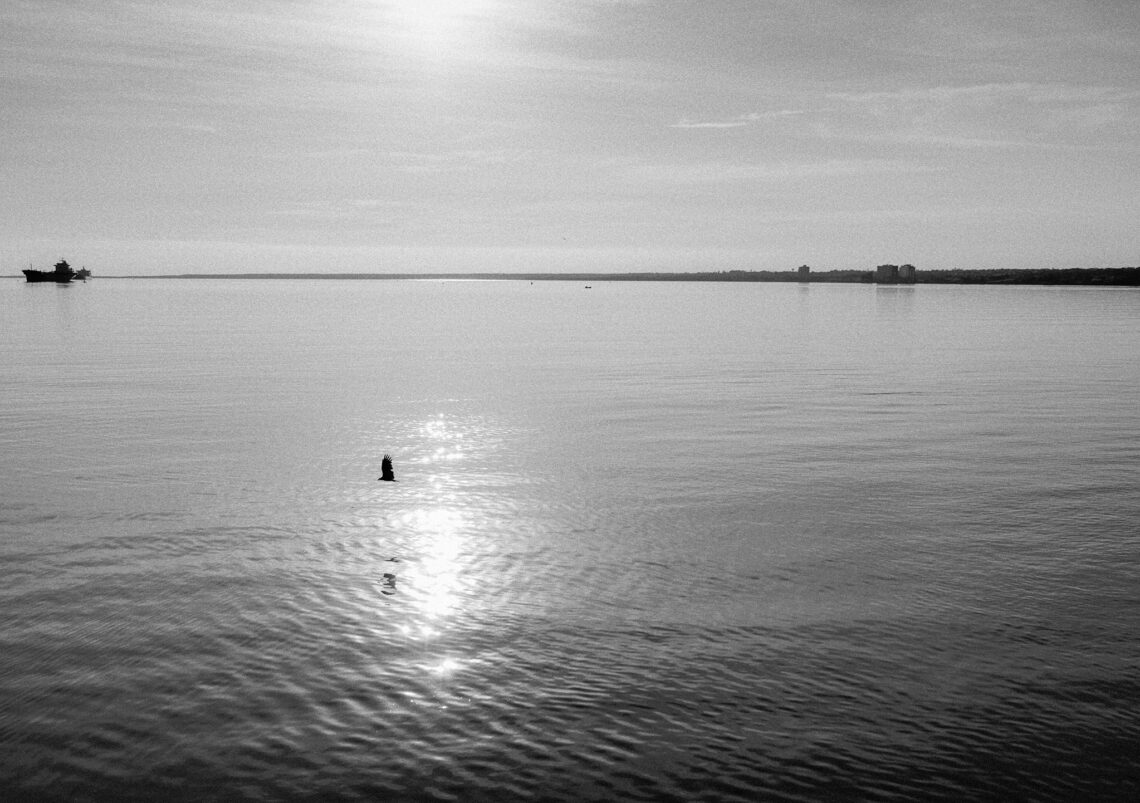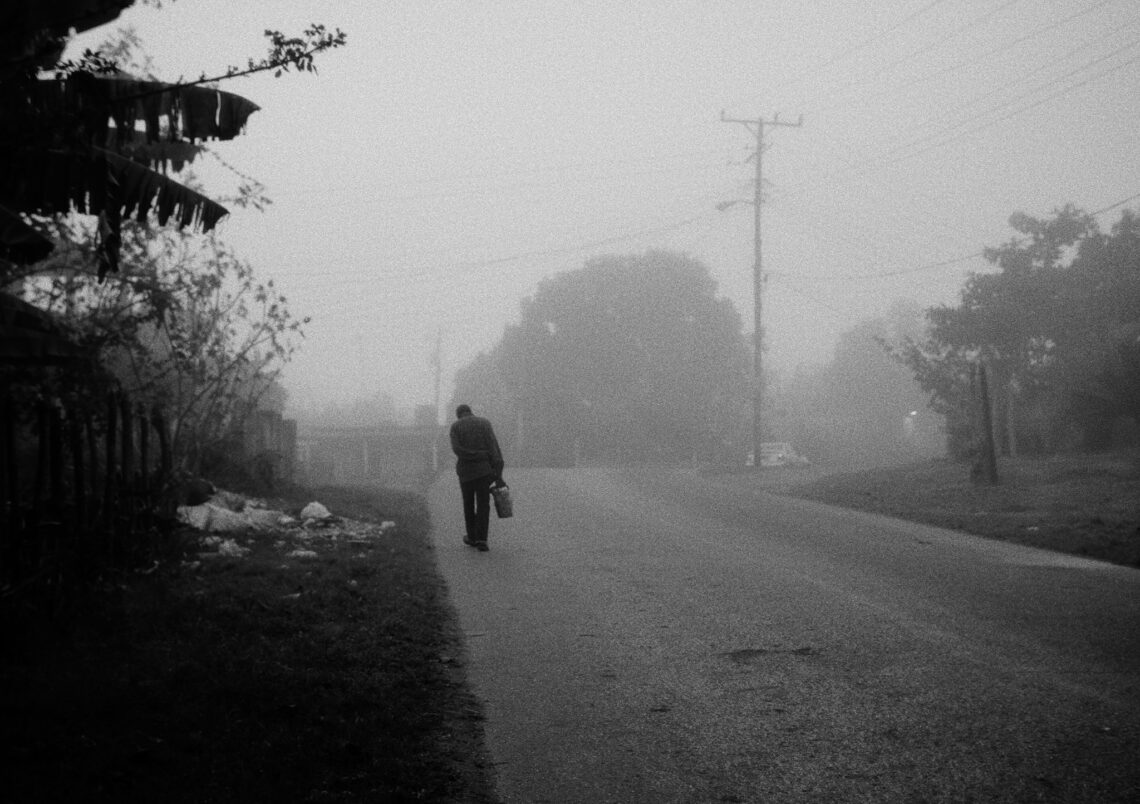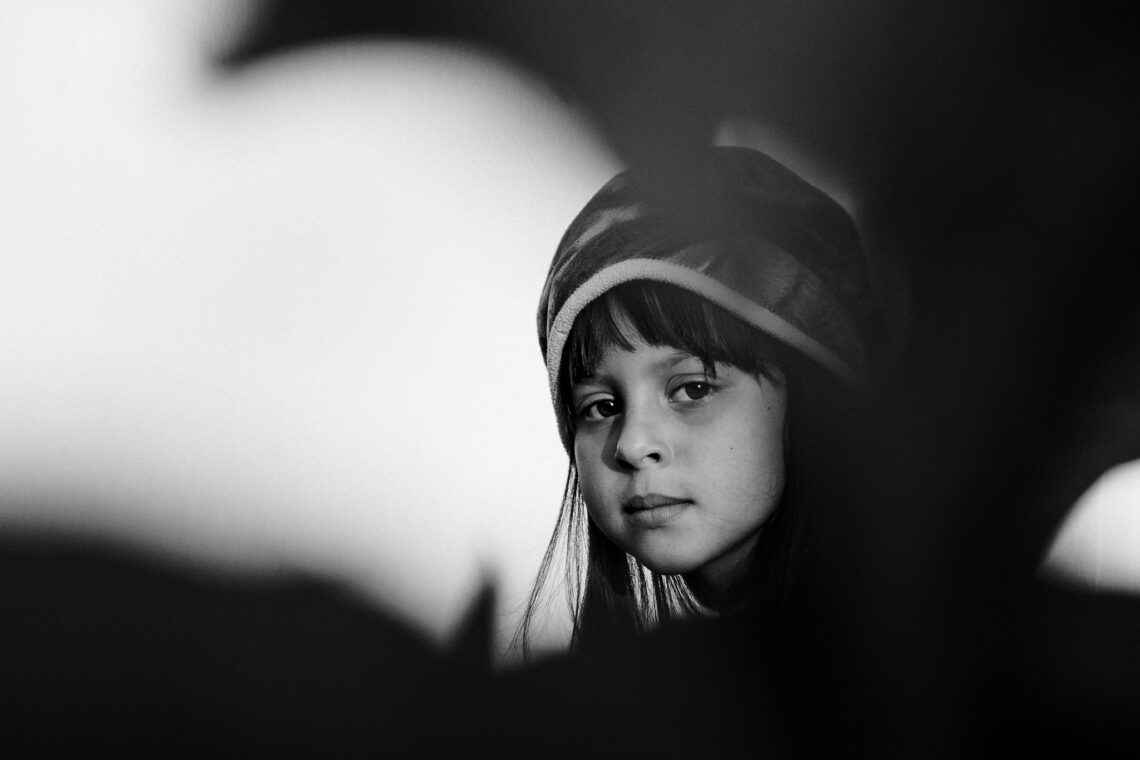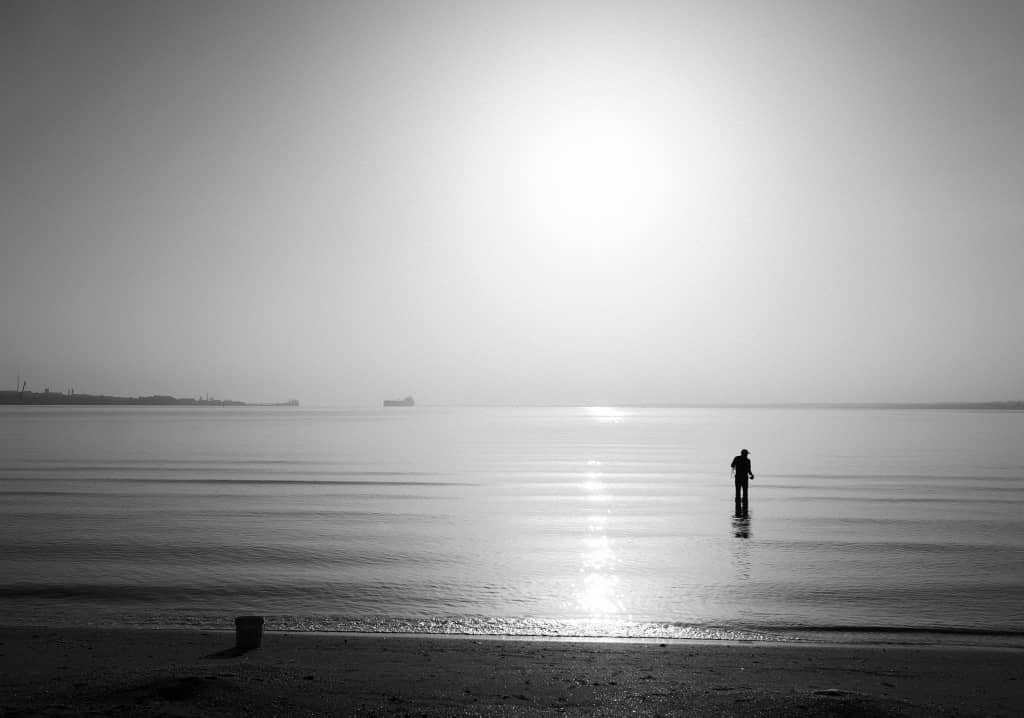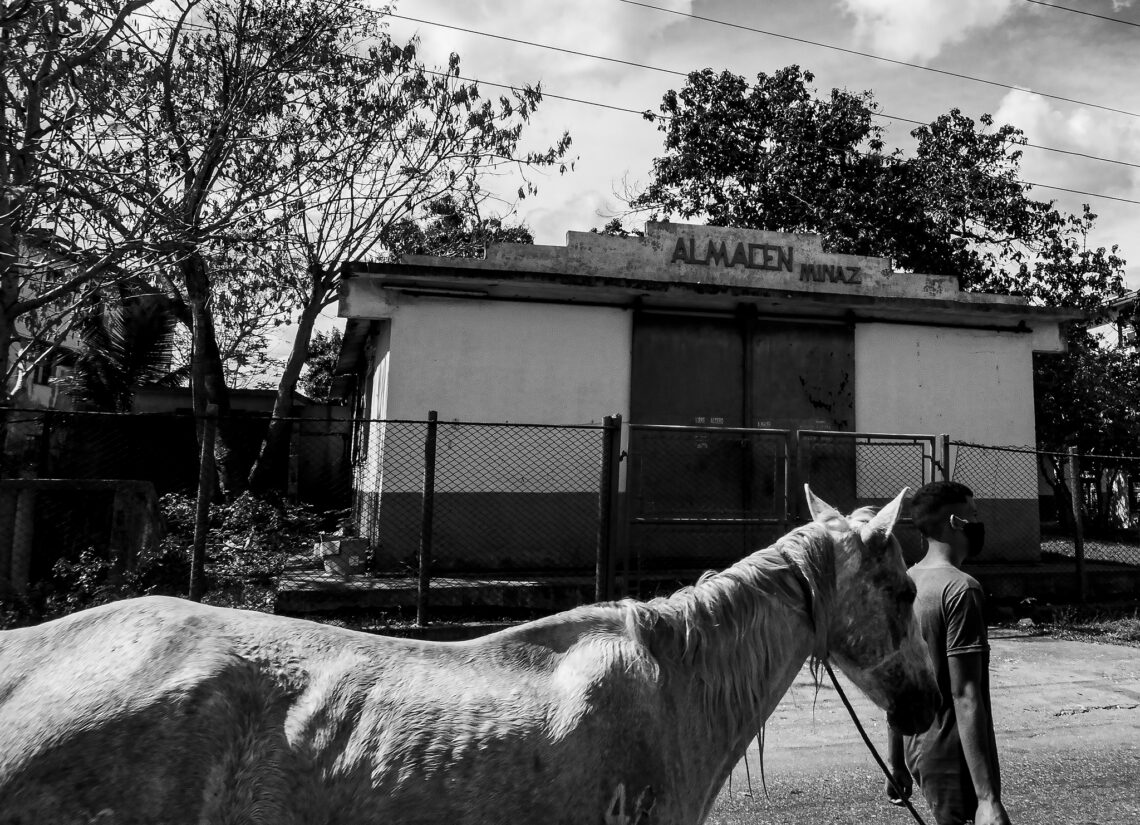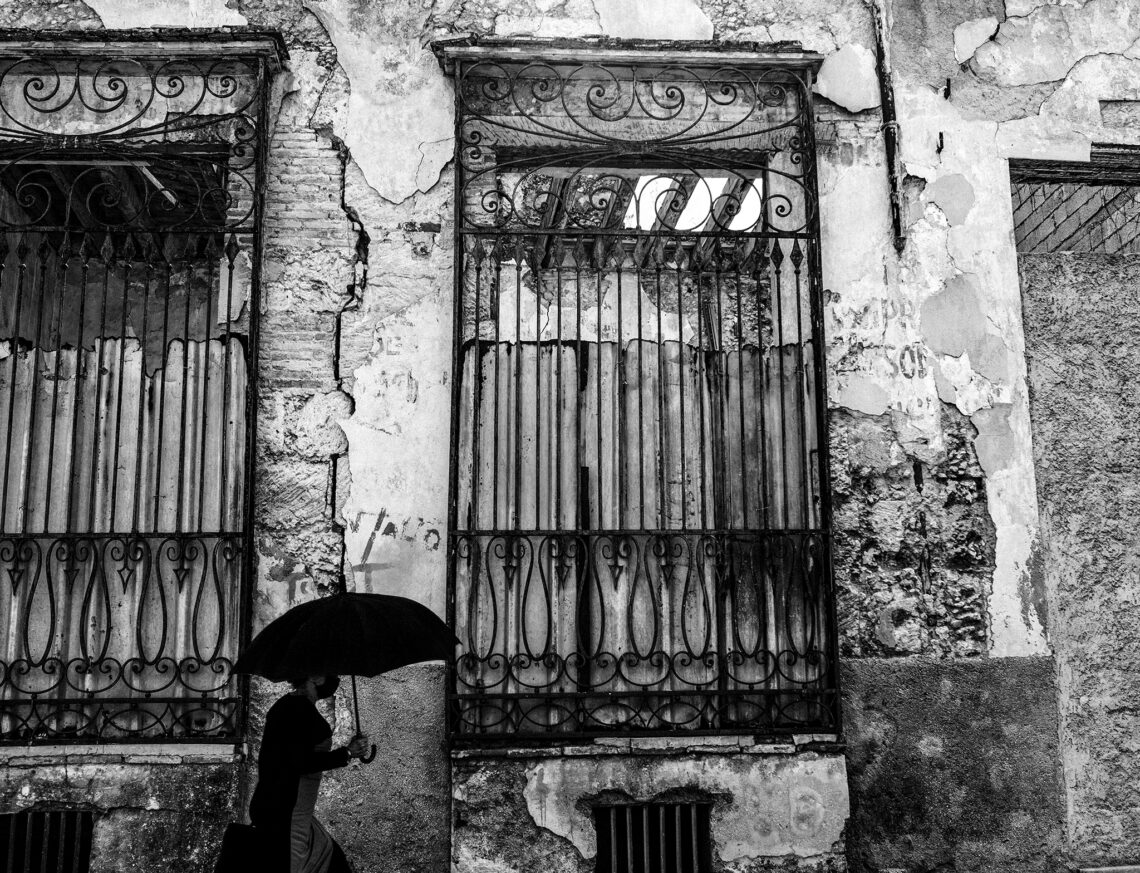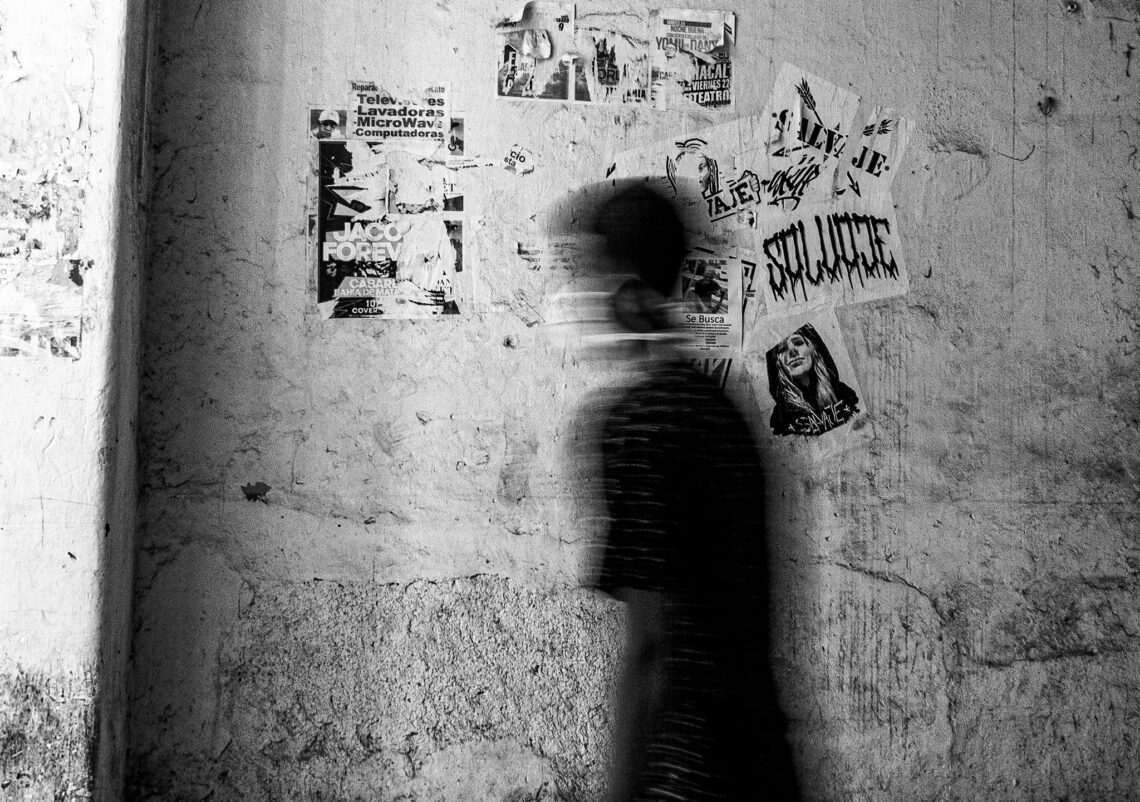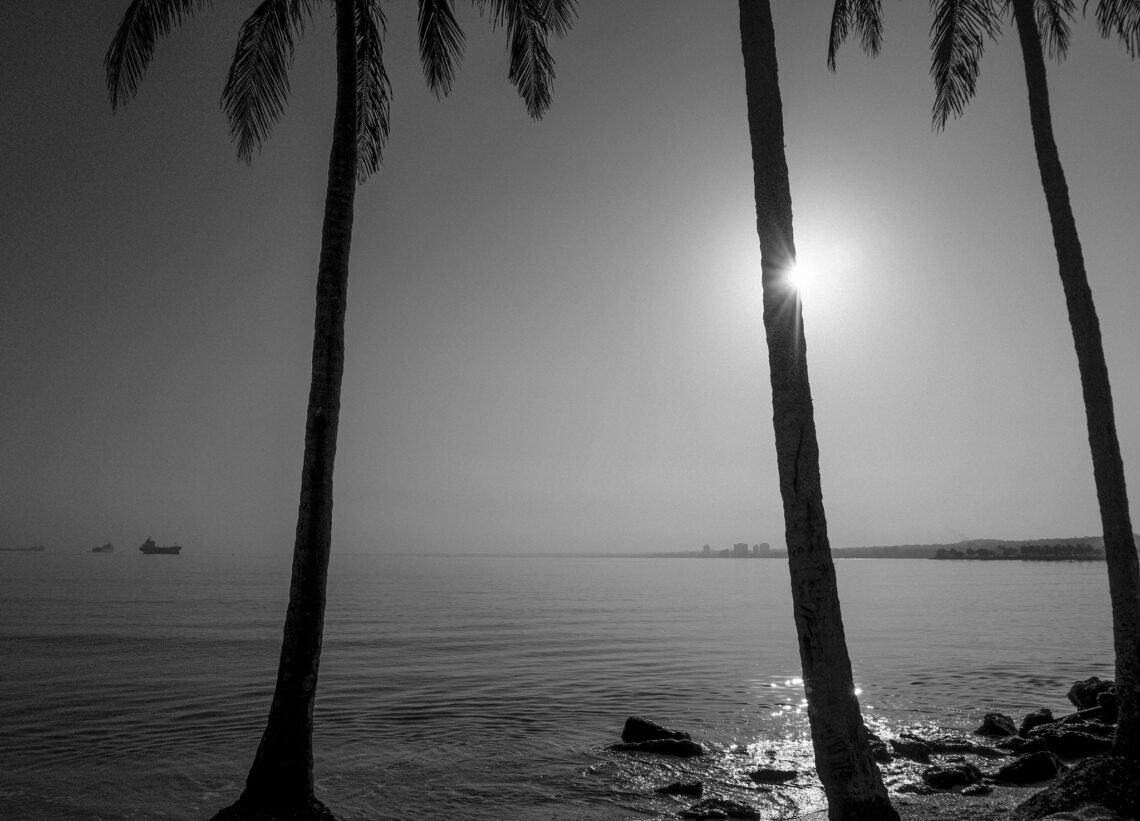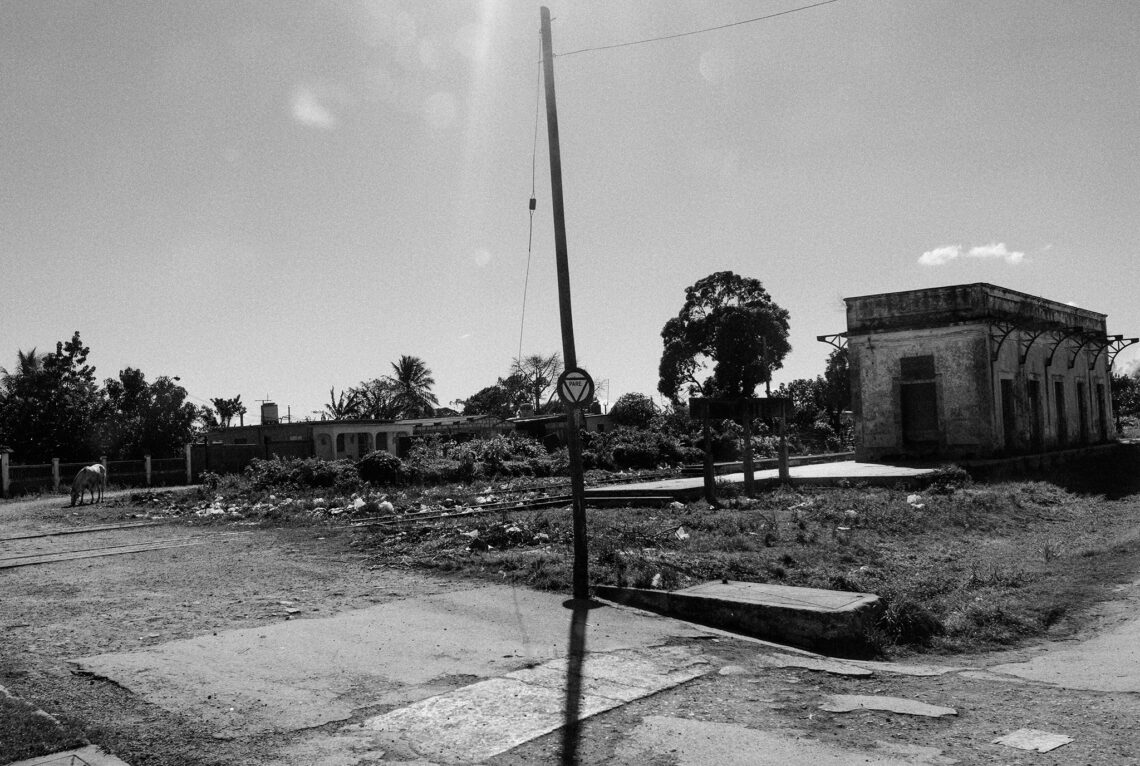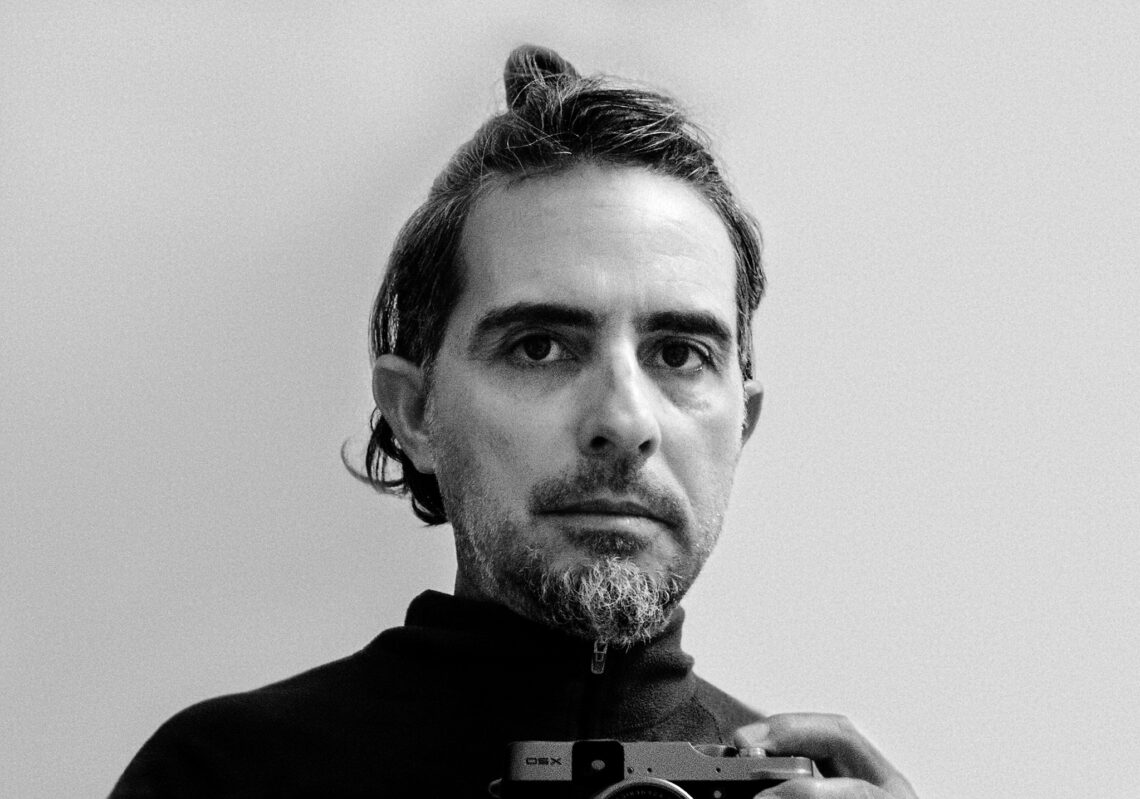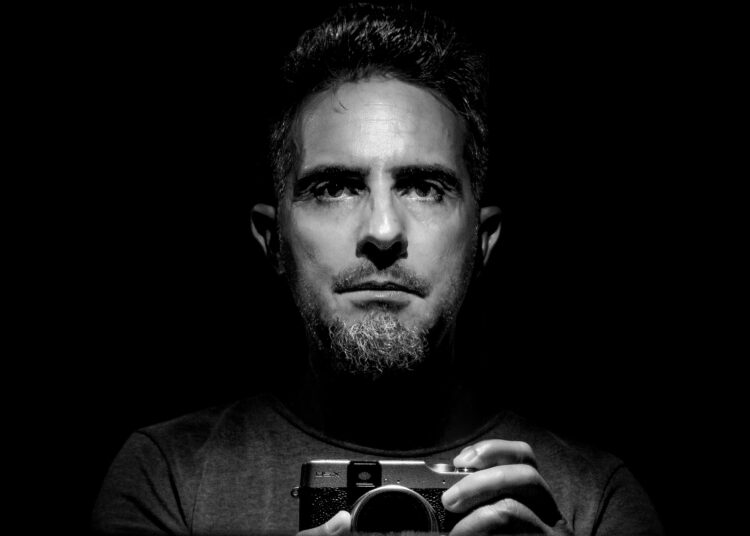Yosvany Martínez (Matanzas, 1973) studied at the Roberto Diago Professional School of Plastic Arts, in his native province, between 2002 and 2005. From 2005 to 2015 he taught drawing and engraving at the same school.
In 2019, he began to use photography, now with professional awareness, as his main means of artistic expression, in the modalities of “‘documentary photography” and “‘street photography.” Basically using black and white, he has taken to recording the daily life of the cities of Matanzas and Havana. He socializes his work in specialized publications and on social media, where he is an active and frequent presence.
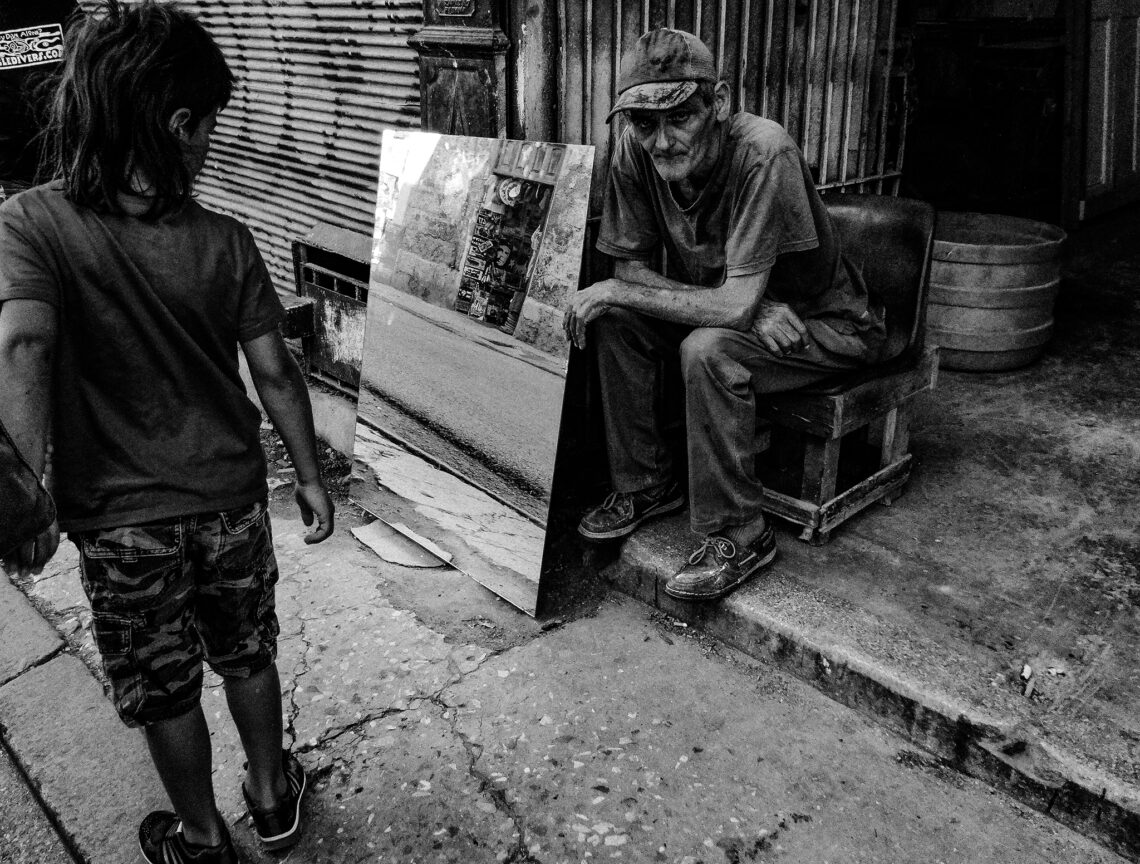
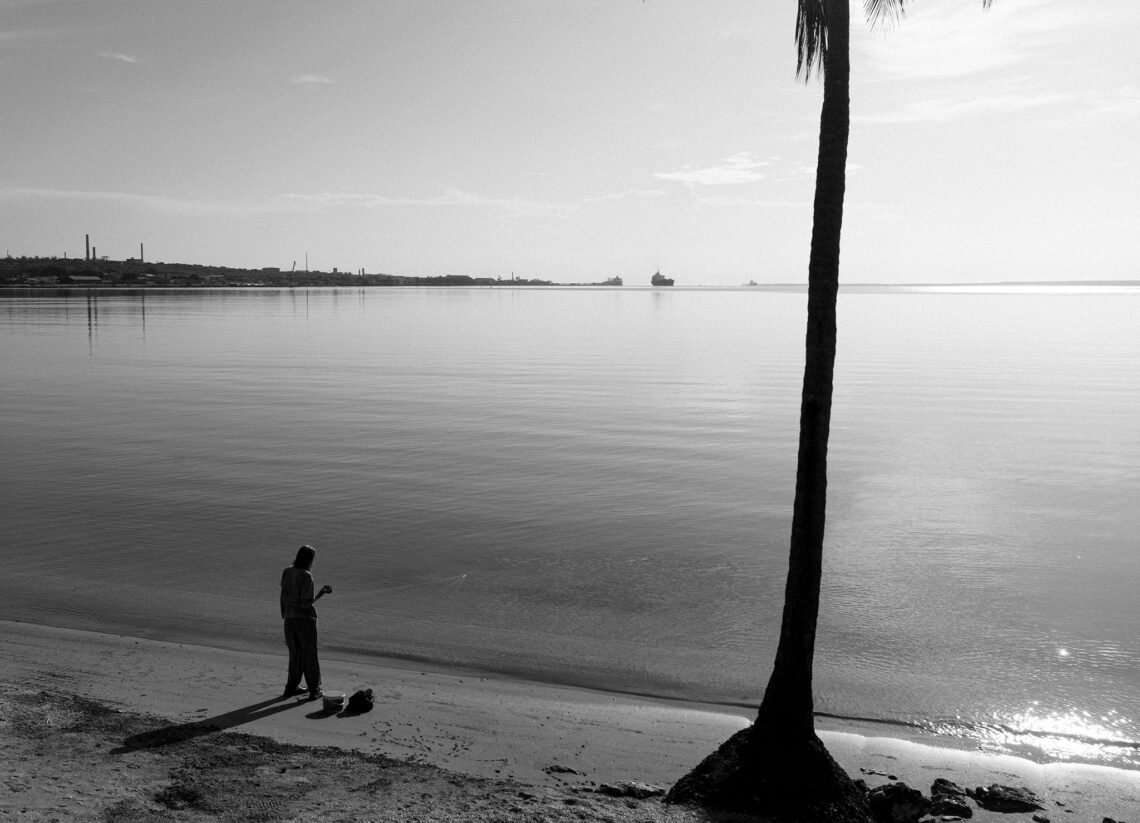
He has held four solo exhibitions: Reconstrucción, 2022, Matanzas Museum of Art; Retrospectiva (two-person), 2014, Korimakao Community Artistic Group, Ciénaga de Zapata; Ánimos 2007, EPAP Gallery, Matanzas; and Diversidad, 2006, CPAV, Matanzas.
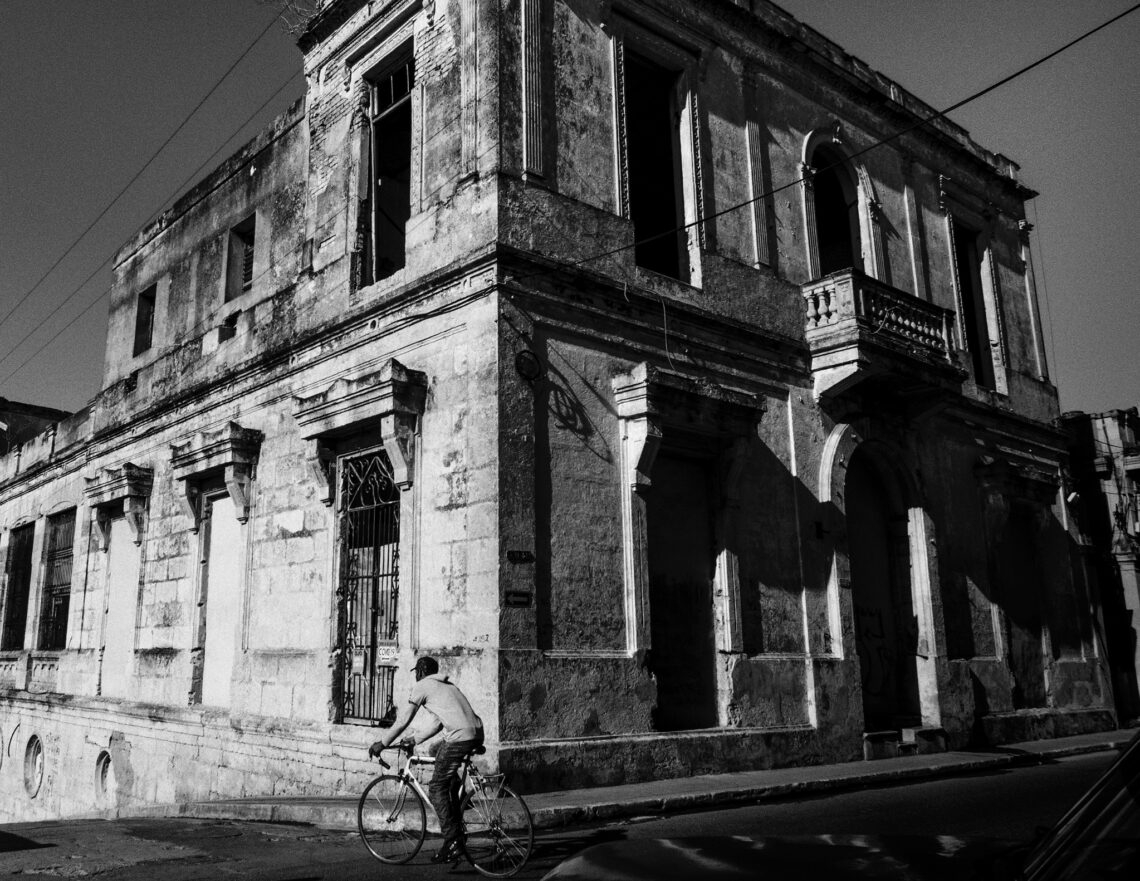
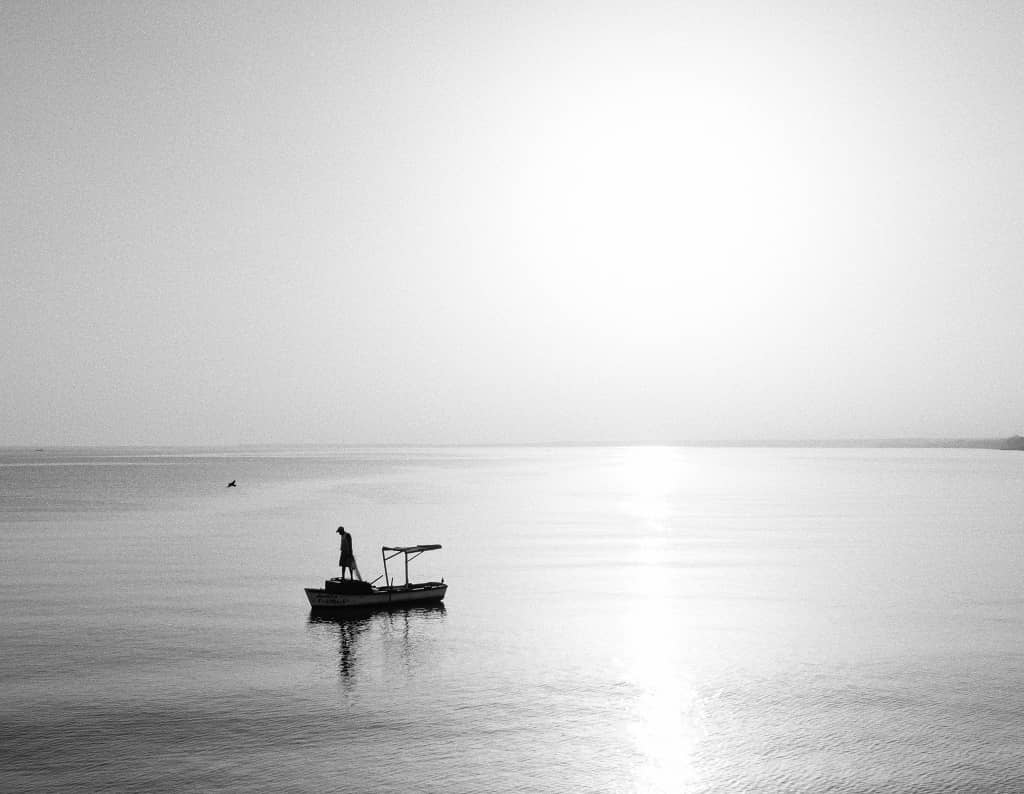
What is unique about the photographic work that Yosvany Martínez shows us today is the integration of the human being with the landscape, whether urban or rural. He does not describe the environment in which the characters he captures live, but rather captures them as compositional elements, in a univocal relationship. His gaze in these images has a hint of compassionate melancholy, as if the act of living lacked sufficient reasons for celebration.
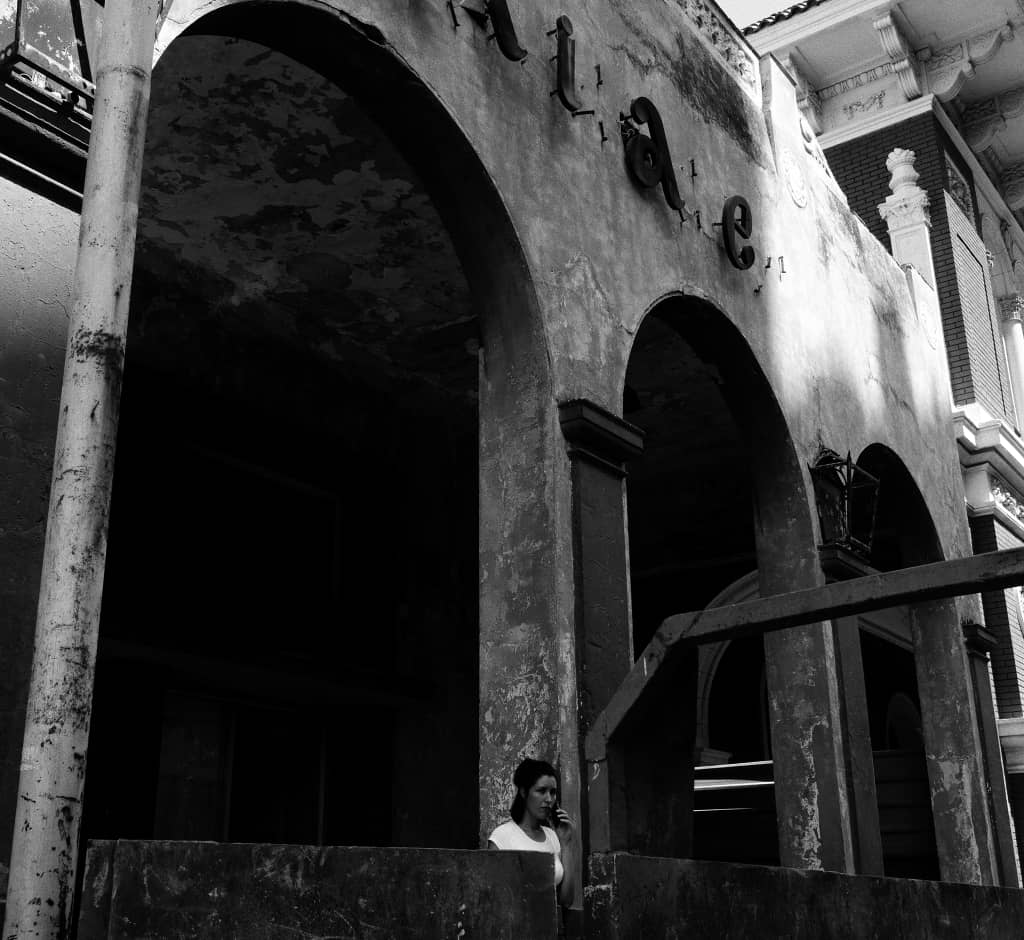
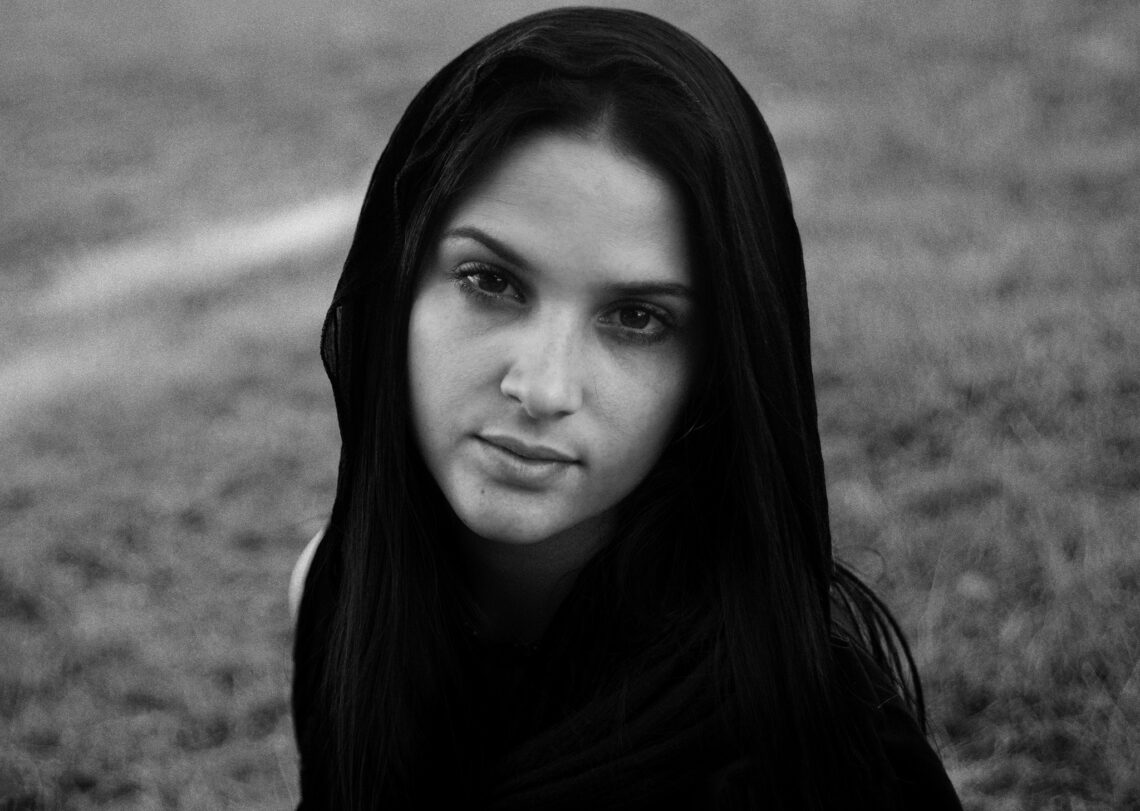
He has wanted to show a part of the series that gives title to his most recent solo exhibition. Let’s hear what he has to say:
“Reconstrucción is an exhibition with which I intend to discuss how much knowledge, memories, and spiritual experiences that visit us from the past influence our lives, both individually and collectively, and how they shape and mark the way we act in the present; memories that come to us as small flashes of energy in different circumstances to then become decisions.
“‘In this case, photography is used to refer to those small moments, and they can be interpreted as déjà vu that invite us to ask ourselves where we are or who we are, and how conscious we are in our actions.
“Reconstrucción is an invitation, then, to question how much is left of the intuitive in our being and how much we do based on knowledge, evocations and memories.”
